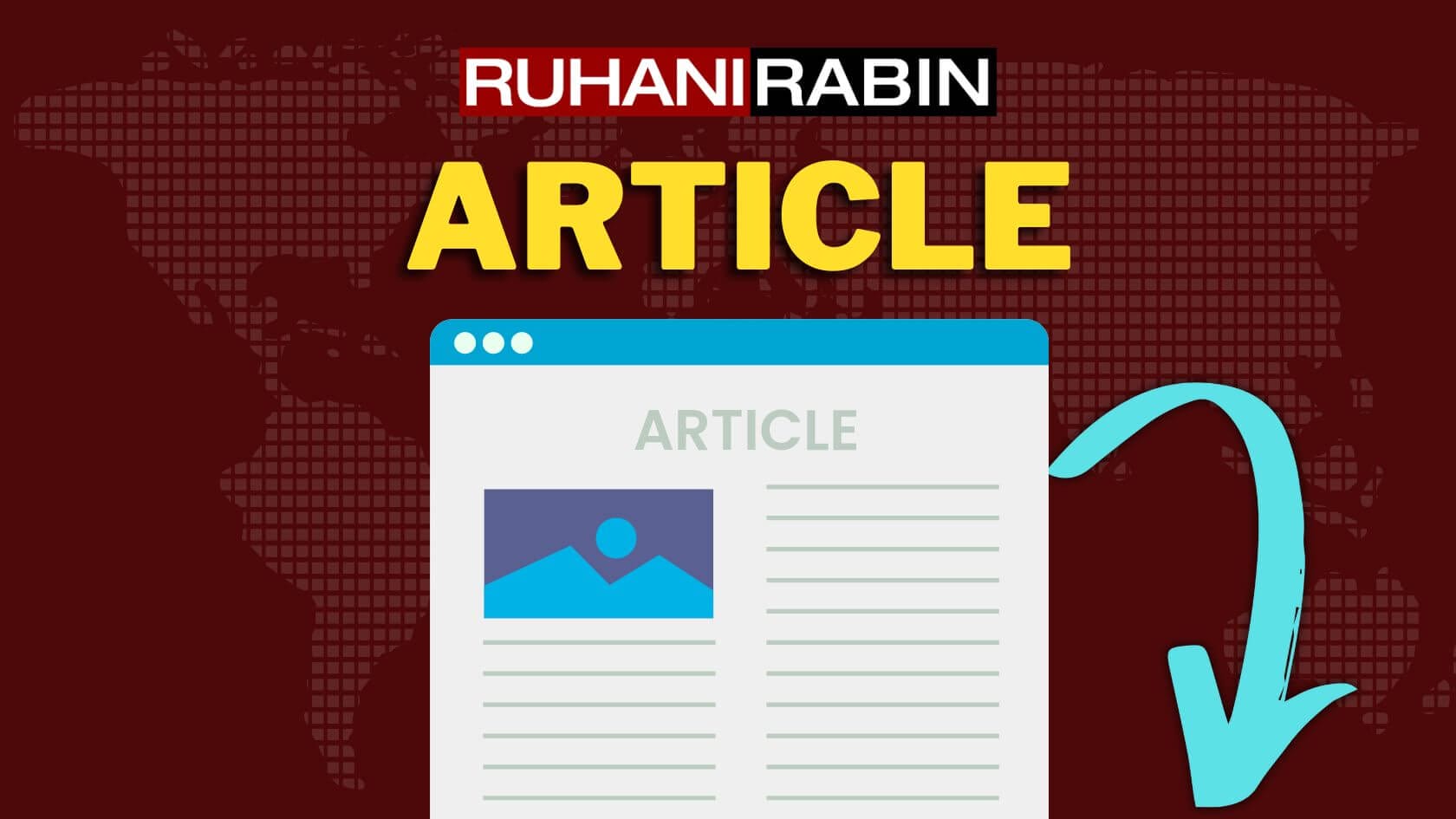How Social Media Creates a New Generation of Brand Ambassadors
In advertising, word of mouth is king. For years, companies relied on word of mouth to create a strong and loyal customer base for their brand. Before the Internet and social media, “word of mouth” was a more literal term,…

In advertising, word of mouth is king.
For years, companies relied on word of mouth to create a strong and loyal customer base for their brand. Before the Internet and social media, “word of mouth” was a more literal term, referring to the recommendations of friends and family to drive consumers through the front door. Now it’s a marketing phrase that’s gone digital. Consumer review sites and social networks drive advertising power than can’t be bought because it comes from the source—honest reviewers.
Get the Best Updates on SaaS, Tech, and AI
Pay for Play
Except not always. The Consumerist called out Royal Caribbean in 2009 for infiltrating review sites with customers that were given free cruises in exchange for positive reviews on influential websites. Led by marketing firm Customer Insight Group, Royal Caribbean picked out 50 influential posters to review sites within their niche and offered free vacations for positive commentary. The method is called “pay-for-play,” and while its ethics are questionable, it’s not illegal.
That didn’t stop popular cruise review sites like Cruise Critic from expressing their outrage, though. Legal or not, when trusted and honest reviews are tampered with, it doesn’t end well for the reputation of the company involved.
Full Disclosure?
Today, pay-for-play is still very much alive but refined for social media. Verizon finds influencers on Twitter and incentivizes them for positive tweets about the brand. These incentives include anything from free FiOS service to free wireless plans. The brand ambassadors will tweet using specific hashtags directing people to links like “Verizon FiOS at Cable.tv” to increase web traffic.
This sounds a lot like Royal’s case from 2009, but it has one major difference. The brand ambassadors tweeting on Verizon’s behalf disclose in their Twitter bios that they’ve accepted product or service from the company, but that the opinions expressed are still their own. It’s still a gray area, but in the case of Cruise Critic, the reviewers were carrying on as if they paid for the vacations on their own.
Celebs
Companies are also looking at celebrities as brand ambassadors on social media. According to Business Insider, Justin Timberlake was appointed as the Creative Director of Bud Light Platinum. What that entails exactly is not certain, but the relationship is a pricier yet transparent relationship between company and brand advocate. And when it comes down to it, the cover-up is always worse than the crime. Royal Caribbean’s mistake wasn’t their practice, it was their secrecy. Verizon treads a thin line by disclosing the bare minimum information to Twitter followers and potential customers and companies like Anheuser-Busch find full transparency through celebrity advocates but pay a high price.
So where’s the happy medium? There may never be a way to replace honest word-of-mouth advertising but Verizon has the best practice that can be adopted by smaller businesses with limited budgets. Blogs and resource sites are ripe with brand ambassador tips which reflect Verizon’s practice.
The biggest lesson, though is that no matter what you spend, honesty is always the best policy.
FTC Disclosure: The pages you visit may have external affiliate links that may result in me getting a commission if you decide to buy the mentioned product. It gives a little encouragement to a smaller content creator like myself.



5 responses to “How Social Media Creates a New Generation of Brand Ambassadors”